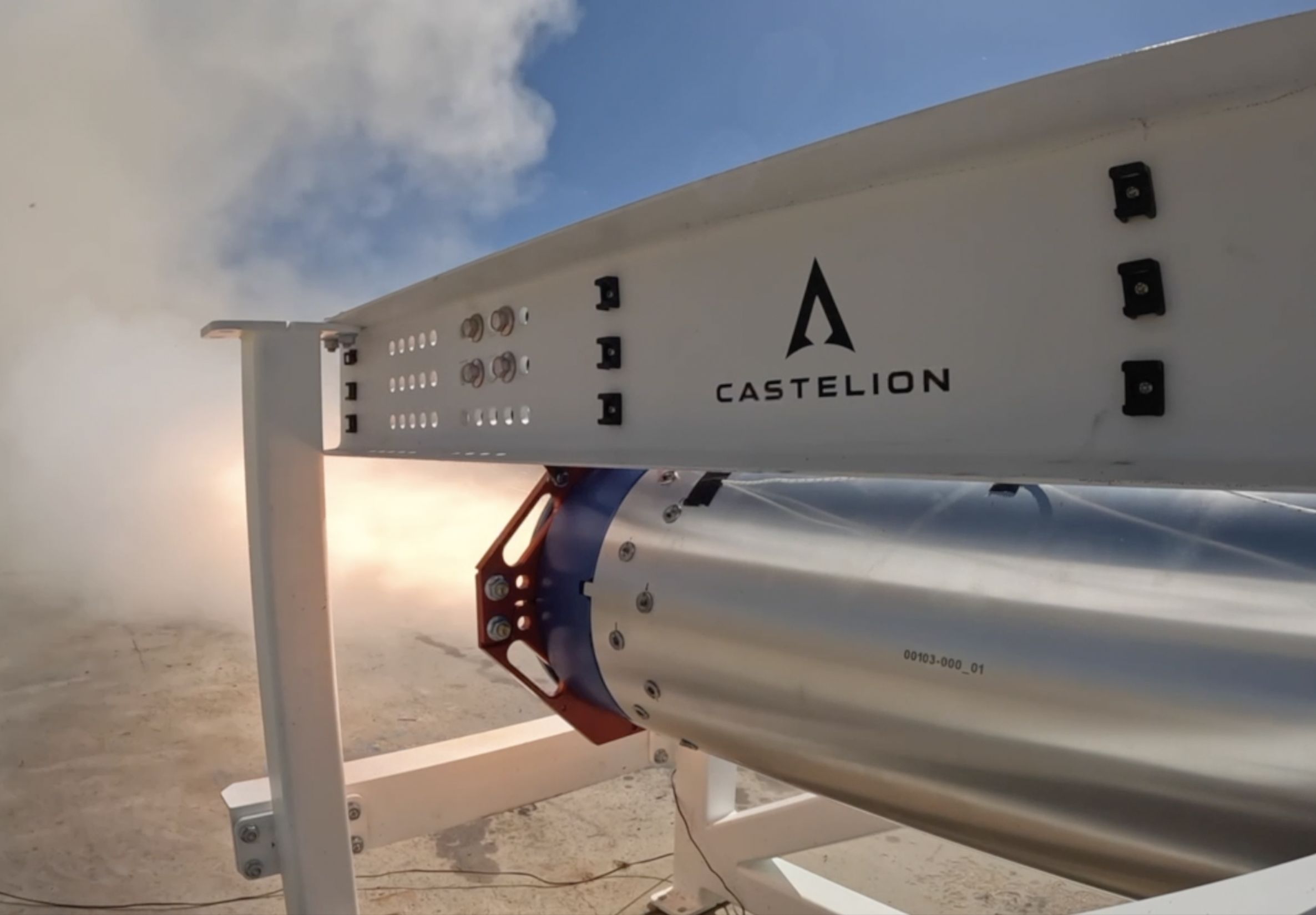SpaceX Takes an Important Step Towards Creating Space-Rated Parachutes
In a surprising move, SpaceX recently acquired parachute vendor Pioneer Aerospace for $2.2 million after Pioneer’s parent company underwent bankruptcy. This acquisition demonstrates SpaceX’s commitment to addressing the significant challenge of creating parachutes capable of withstanding high speeds in space travel. With this purchase, SpaceX aims to bring the parachute development process in-house and ensure top-notch quality for its space missions.
Key Takeaway
SpaceX’s acquisition of Pioneer Aerospace highlights the immense challenges involved in creating space-rated parachutes. By bringing the development process in-house, SpaceX aims to ensure superior quality and safety for its space missions. Additionally, the lawsuit against Blue Origin raises concerns about safety issues and a hostile work environment in the company, emphasizing the importance of fostering a culture of safety and well-being within the aerospace industry.
The Complexity of Space Parachutes and the Impact on Safety
Parachutes designed for space missions are much more intricate than those used in traditional applications. The extreme speeds and atmospheric conditions make the design and production of space parachutes an incredibly difficult task. Abhi Tripathi, director of mission operations at UC Berkeley’s Space Sciences Laboratory, emphasized the complexity of this endeavor, stating that it is one of the most challenging aspects of space exploration aside from developing complex propulsion systems.
SpaceX’s decision to acquire Pioneer Aerospace indicates the company’s recognition of the critical role that parachutes play in ensuring the safety of astronauts and payloads during reentry and landing. By taking control of the parachute development process, SpaceX can enhance its ability to meet stringent safety standards and continue pioneering advancements in space travel.
Whistleblower Alleges Safety Issues at Blue Origin
A former program manager at Blue Origin has filed a lawsuit against the company, claiming wrongful termination after raising concerns about safety issues. The former employee, Craig Stoker, detailed in his lawsuit the efforts he made over a seven-month period to address safety and a hostile work environment at Blue Origin.
Stoker’s email to two Blue Origin vice presidents highlighted the negative impact of the CEO’s behavior on employees and the detrimental effects it had on morale and product quality. Stoker emphasized the urgent need to rectify the hostile work environment, pointing out the associated safety and quality hazards that posed risks to both employees and customers.
Other Notable News from the Space Industry
- Amazon has secured three Falcon 9 launches from SpaceX to support its satellite internet project, Project Kuiper, which aims to provide global internet coverage.
- The LockBit ransomware gang has claimed responsibility for a cyberattack targeting India’s state-owned aerospace research lab, highlighting the growing threat of cybersecurity breaches in the aerospace industry.
- Loft Orbital introduces “virtual missions,” enabling customers to deploy their software apps onto Loft satellites and leverage on-board sensors and computing power for various use cases.
- Relativity Space CEO Tim Ellis counters recent comments from another aerospace executive, emphasizing the importance of building a backlog of launch contracts to validate product-market fit.
- Terran Orbital files a lawsuit against its former CTO, Austin Williams, following public calls for a change in company leadership made by Williams and other shareholders.

























